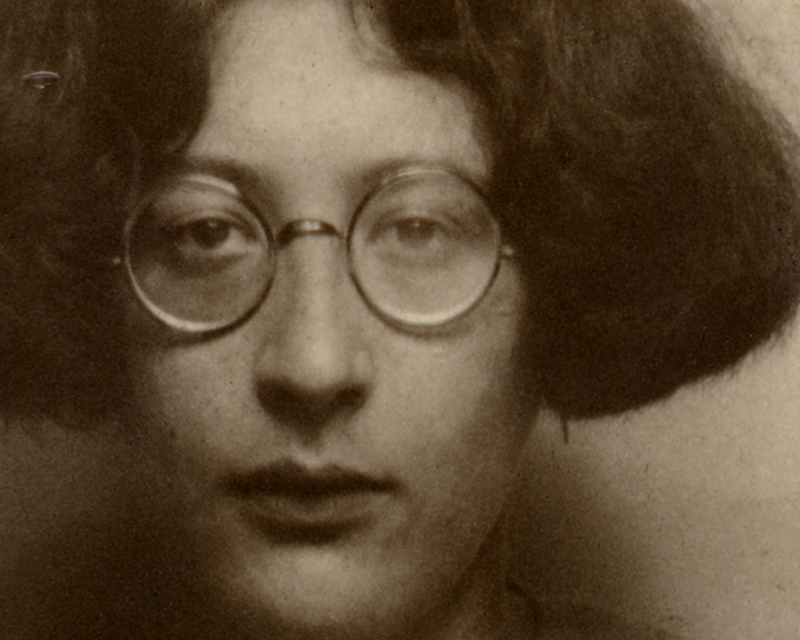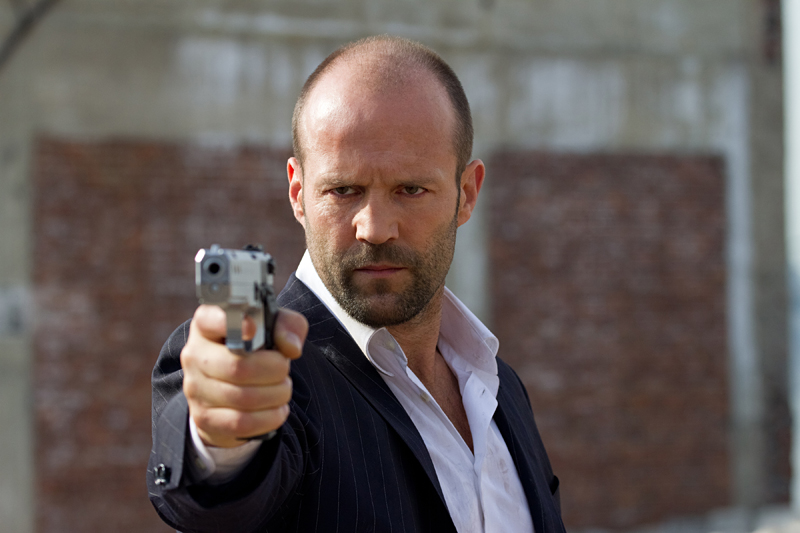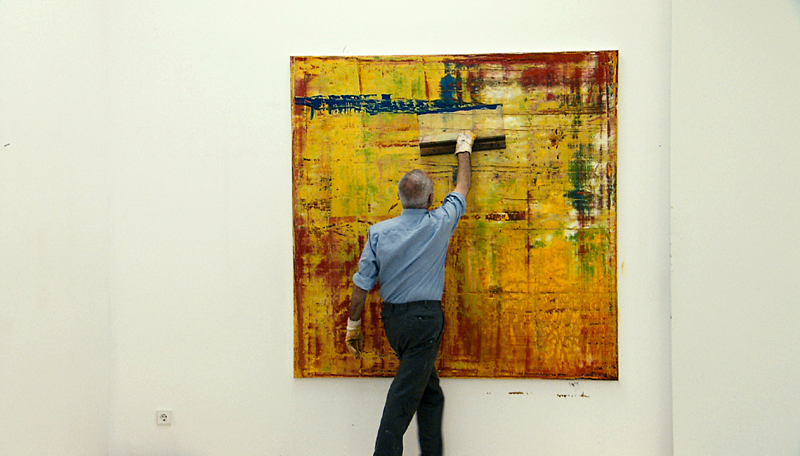In the abbreviated life of French philosopher and sociopolitical activist Simone Weil (1909–1943), the daughter of agnostic Jews went to workers’-movement meetings as a child, later fought in the Spanish Civil War, experienced three Christian mystical episodes, and filled 15 meaty volumes—some published posthumously with the help of her intellectual admirer Albert Camus. Julia Haslett’s absorbing if patchy ode to Weil, an advocate for the rights of the disadvantaged, confronts her subject’s ideas of moral responsibility through surprisingly personal and experimental means. Weil’s author niece and 97-year-old cousin share remembrances (as do theologians, literary critics, and one of her students), but Haslett also turns the camera on her own brother Tim, a black-studies scholar struggling with severe depression since the suicide of their father. The link is a stretch, though suffering and self-sacrifice were themes of Weil’s career and ultimate demise: Diagnosed with tuberculosis, Weil died after refusing to eat more than the rations offered to soldiers in occupied France. Further trying to resurrect the spirits, Haslett supplements her running commentary by hiring an actress to conjure Weil while she interviews her. The effect isn’t as visceral as the director might believe, but her teary-eyed curiosity feels sincere.
An Encounter With Simone Weil: Remembering the Late French Philosopher








